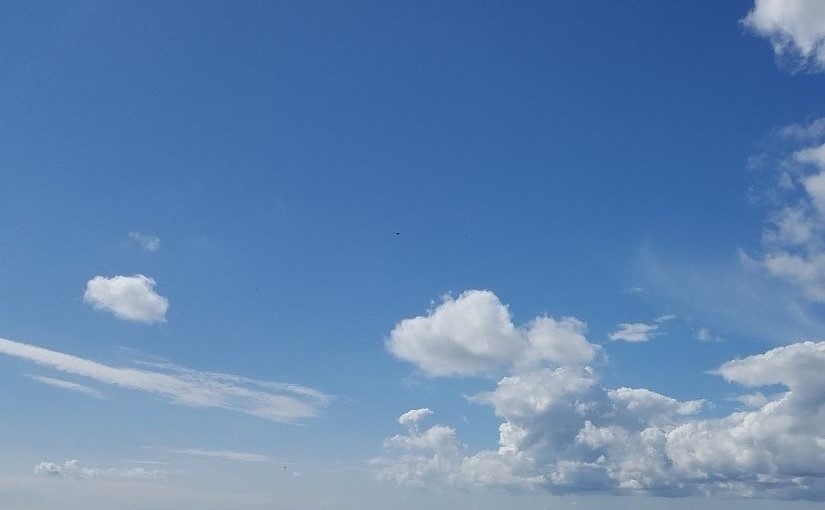What are we actually putting out into the world? What are we taking part in, feeding, validating, or giving our support to? If life’s made up of all the little things we do, all the ways we’re influencing others and shaping realities now and into the future, what is it we’re creating through our online actions and interactions? What kind of world are we carrying forward here?
When talking about modern technology and the impacts it’s having, it’s easy to get pulled down either the path of benefits or shortcomings: those two columns whereby we add up all the good, all the bad, and try to form an overall judgement. It’s clearly an ambivalent force, one that can work with or against us. But are we right to simply strike the plusses off against the minuses and call it even?
In many ways, tech seems to be pulling at the very threads of society and what it means to be human: challenging us to remember what matters and not get distracted by all life’s possible distractions (see Notes One). Having all society’s systems and functions redirected, deconstructed, reconfigured into this new format might be presented as essentially ‘the same’; but is that really the case?
It just seems we’re being encouraged to think that life is easy. It’s so easy to go online and do pretty much whatever you want without much tangible real-world feedback: everything’s this click away, made more integrated and ‘friendly’ every day, but our choices and actions matter just as much as they ever did.
Perhaps our choices even matter more than before? Given these systems are so much more coordinated and far-reaching than anything humanity’s previously been capable of, our actions are presumably having a wider impact than ever before. So, while it might be ‘easy’ to do these incredible things, are we actually being all that responsible in how we’re going about it?
And that’s not at all simple to answer. In part, because there are billions of us and goodness knows what everyone’s getting up to; in part because all this has developed so quickly it’s hard to get a handle on what it means and how to integrate it into our lives for the best; and in part because it often seems we’re not actively encouraged to understand so much as go with the flow (Notes Two).
But then, if all this is reshaping our lives and the world around us, is that response sufficient? Can we afford to be complacent, overwhelmed, or resigned to the realities being woven around us? What if society is indeed being pulled apart by this as we let all the infrastructures and interactions of our lives be mediated through this system with a mind of its own?
What if we let that take over all the finesse, beauty, and compassion of human civilisation? Alternatively, how might we hold our own within such a world to ensure we’re retaining awareness of and responsibility for all we’re creating?
Notes and References:
Note 1: All that’s going on around us
Note 1: Tuning out from environment
Note 1: What we know to pass on
Note 1: Desensitised to all we’re told?
Note 1: Smart to play the system?
Note 2: Concerns over how we’re living
Note 2: Does anything exist in isolation?
Note 2: Points of sale as powerful moments
Note 2: Will novelty ever wear off?
Related to this, Ideas that tie things together and The power of understanding both looked at trying to make sense of life in purposeful ways.

